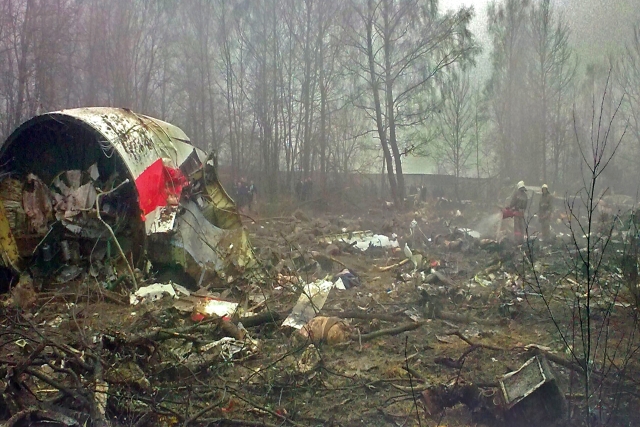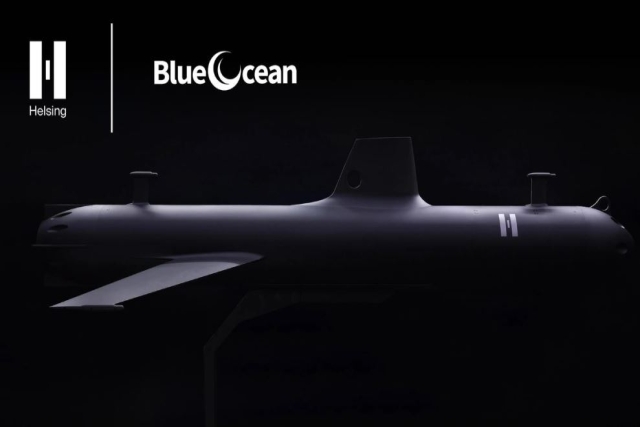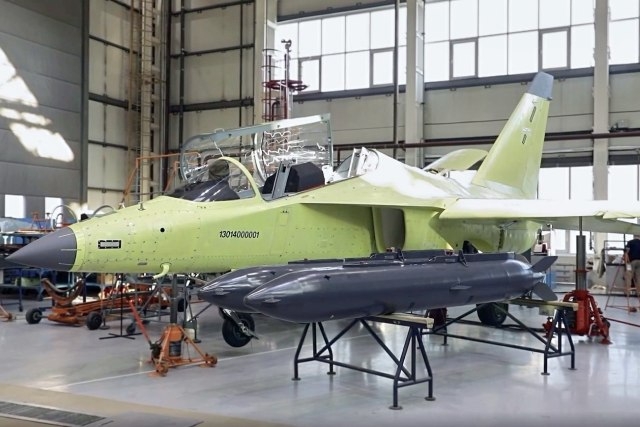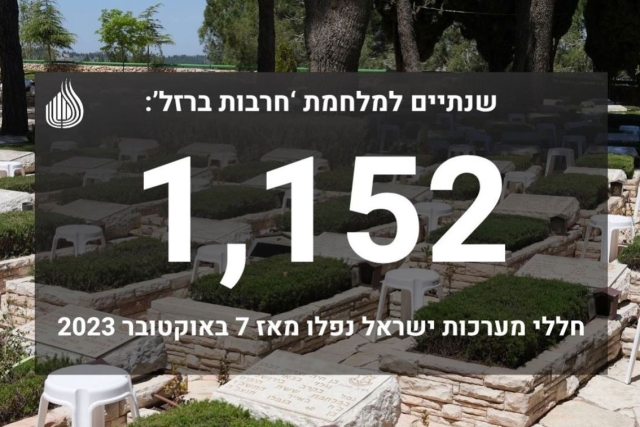Polish Defense Ministry Dissolves Subcommittee Investigating Tu-154 Smolensk Plane Crash
The 2010 crash claimed the lives of 96 people, including Polish President Lech Kaczynski, his wife, and several high-ranking state officials

Poland’s Ministry of National Defense announced today the decision to dissolve the Subcommittee for the re-examination of the Tu-154 plane crash that occurred near Smolensk on April 10, 2010.
Władysław Kosiniak-Kamysz, Deputy Prime Minister and Minister of National Defense, signed the decisive document, with Deputy Minister Cezary Tomczyk endorsing the decision.
The Subcommittee, tasked with revisiting the circumstances surrounding the tragic Smolensk plane crash, is now officially disbanded. Members of the subcommittee have been given until Monday, December 18, 2023, to settle all documentation, real estate, and equipment used during its investigative work.
Effective immediately, all authorizations and powers of attorney pertaining to the subcommittee's activities are revoked from its members. The dissolution of the subcommittee raises questions about the fate of the ongoing investigation into the crash.
Janusz Sejmej, the Press Speaker of the Ministry of National Defense, known colloquially as "The Money," released a statement regarding the decision. "The members of the Subcommittee will have their authorizations withdrawn, and a special team will soon be established to scrutinize every aspect of the liquidated subcommittee's activities," Sejmej declared.
The abrupt termination of the subcommittee has stirred controversy, with critics questioning the motives behind the decision and its potential implications for the investigation. The Smolensk plane crash has been a subject of intense scrutiny and debate in Poland, and this latest development adds another layer of complexity to an already sensitive and tragic incident.
The Ministry of National Defense has yet to provide further details on the reasons behind the dissolution, leaving the public and the families of the victims eagerly awaiting more information. As the nation awaits clarification, the decision to dissolve the subcommittee raises concerns about the transparency and accountability of the ongoing investigation into one of the most significant events in recent Polish history.
2010 Smolensk Air Crash
Thirteen years ago, on April 10, a devastating plane crash in Smolensk, Russia, claimed the lives of all passengers aboard the Polish presidential plane, including President Lech Kaczyński, his wife, and several high-ranking state officials. The tragedy occurred as the Polish delegation was en route to commemorate the 70th anniversary of the Katyn massacre, where Russian forces executed Polish army officers during World War II. The total death toll from the Smolensk crash amounted to 96.
In the aftermath of the incident, inconclusive investigations unfolded. The Military District Prosecutor's Office in Warsaw and the State Aviation Air Accident Investigation Committee initiated separate inquiries.
Simultaneously, Russian President Dmitri Medvedev appointed a special committee chaired by then-Prime Minister Vladimir Putin to investigate the crash. Despite assurances of joint investigation, the decision to treat the presidential flight as civilian rather than military, as per Polish law, granted Russia exclusive control, leading to issues such as the non-return of wreckage and alleged tampering with black box recordings.
The handing over of the investigation to the Russian side on the same day raised speculations, with society expecting clear information on the crash. Unsubstantiated theories and insinuations emerged, suggesting a lack of transparency and fostering suspicions that key information was withheld. The failure to obtain crucial documents and the plane wreckage fueled speculation about ulterior motives, leaving the Smolensk crash investigation clouded in uncertainty and controversy.









